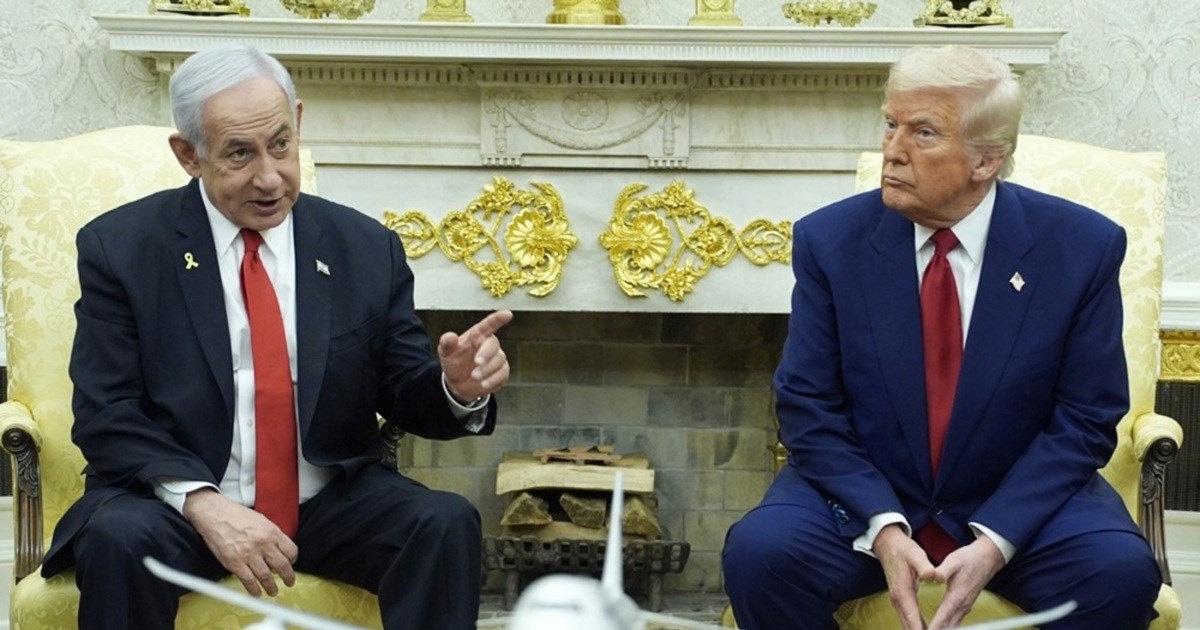Donald Trump vetoed an Israeli plan to assassinate Iran’s Supreme Leader Ayatollah Ali Khamenei, according to a Reuters report citing U.S. officials. Israeli Prime Minister Benjamin Netanyahu denied these claims, calling them false reports and stating that Israel will do what it needs to do. This news comes amid escalating conflict between Israel and Iran, with Israeli airstrikes targeting Iranian military and nuclear sites, and Iran retaliating with missile attacks on Israeli territory, resulting in casualties on both sides.
Political Perspectives:
Left: Left-leaning outlets emphasize the dangers of escalating military conflict in the Middle East and criticize aggressive policies that could lead to wider war. They highlight the human cost of the Israeli airstrikes and Iranian retaliation, focusing on civilian casualties and the need for diplomatic solutions. The veto by Trump is seen as a cautious move to avoid further destabilization.
Center: Centrist sources report the facts of the veto and the denial by Netanyahu, presenting the escalating conflict as a serious regional security issue. They focus on the strategic implications of the airstrikes and missile attacks, and the complex relationship between the U.S., Israel, and Iran. The coverage tends to be balanced, noting both the military actions and the political statements from involved parties.
Right: Right-leaning media often emphasize Israel’s right to defend itself and the threat posed by Iran’s nuclear program. They may portray Trump’s veto as a strategic decision to avoid premature escalation while supporting Israel’s security interests. Netanyahu’s denial is presented as a firm stance against misinformation, and the narrative supports strong measures to counter Iranian aggression.






























